This coming November, citizens in Washington will vote on Initiative 1183, which would privatize alcohol distribution in the state.
There are several commercial campaigns regarding I-1183 that have surfaced recently. Though both offer differing opinions on the initiative, most voters will not be informed as to the specifics of the proposal when the time comes to actually vote.
This initiative will effectively end our state’s 78-year-old monopoly on liquor distribution and allow privately owned businesses to sell spirits.
In order to determine the best course of action and, indeed, which way to vote, the effects of I-1183 must be examined.
The government currently controls the distribution of liquor in Washington, which means that taxpayers’ dollars (or at least some of them) go toward the sale of alcohol. Personally, I am not an advocate of this, as I do not feel that the money I am giving to the government should be used to sell alcohol. If anything, I would want my money to regulate it. I am not alone in this opinion. In fact The Seattle Times publicly endorsed I-1183 saying that “the state’s job should be to regulate liquor, not sell it.”
I-1183 would eliminate this governmental control and sell off its assets to private providers. This would create a huge benefit for our local government as well as our statewide economy. Selling the liquor stores would initially generate instant cash for government use that would not come from taxes. The money could then be used to pay back debt or fund already functioning programs.
In addition, this sale would not be limited to one provider. Part of I-1183’s purpose is to abolish the recent legislative bill known as SB 5942, which essentially traded a government monopoly of liquor warehousing for a private monopoly. I-1183 would break up this monopoly and distribute it among multiple private sources, creating competition. This competitive market would not only create jobs, but encourage economic growth, both of which are imperative in today’s financial situation.
But selling and creating private competition are not the only benefits of the initiative. Since alcohol is heavily regulated under the government currently, similar precautions would have to be taken if spirits were to be sold in the private sector. These limitations and regulations are also a part of I-1183. Taxes and regulations would be placed on liquor stores so that additional revenue would be generated by the private sale of alcohol. Not only would taxpayers no longer be paying for the sale of alcohol, the government would still benefit from taxes on alcoholic beverages (a luxury item).
According to the Washington Policy Center’s research on the initiative, I-1183, according to Jason Mercier, “would increase state revenues by more than $200 million, and add $200 million (approximately) in local government revenues over the next six years.”
This initiative is not only advocated by firefighters and police officers (programs which would directly benefit from the extra revenue generated by I-1183), but organizations including the Association of Washington Business and even the Washington Restaurants Association. Washington Roundtable president Steve Mullin said, “This initiative gets the state government out of the business of promoting and selling liquor, which isn’t a core government function, and focuses its attention on liquor enforcement.”
But not everyone wants to see the initiative succeed. Opponents of I-1183 claim mainly that this would increase teen access to alcohol, and create an increase of drunk driving on Washington roadways. This is a misinformed attempt to frighten voters from voting for the initiative.
In reality, minors who want to obtain alcoholic drinks do so as much under the current law as they would if I-1183 was passed. I know from first-hand experience with a juvenile drinking community that underage consumption will occur whether or not the government is selling the drinks.
The main difference is that under I-1183, the government will not be selling the alcohol, but rather restricting and regulating it. The Seattle Times editorial board said that “other states regulate liquor rather than sell it, and they are no more dangerous than Washington.”
I strongly urge those of us that are able to vote on Initiative 1183 vote YES. This would not only increase the regulation of alcohol in Washington, but get the distribution of spirits out of the government’s hands and into those of private distributors. Only there it can be used for the betterment of our economy, rather than abused.

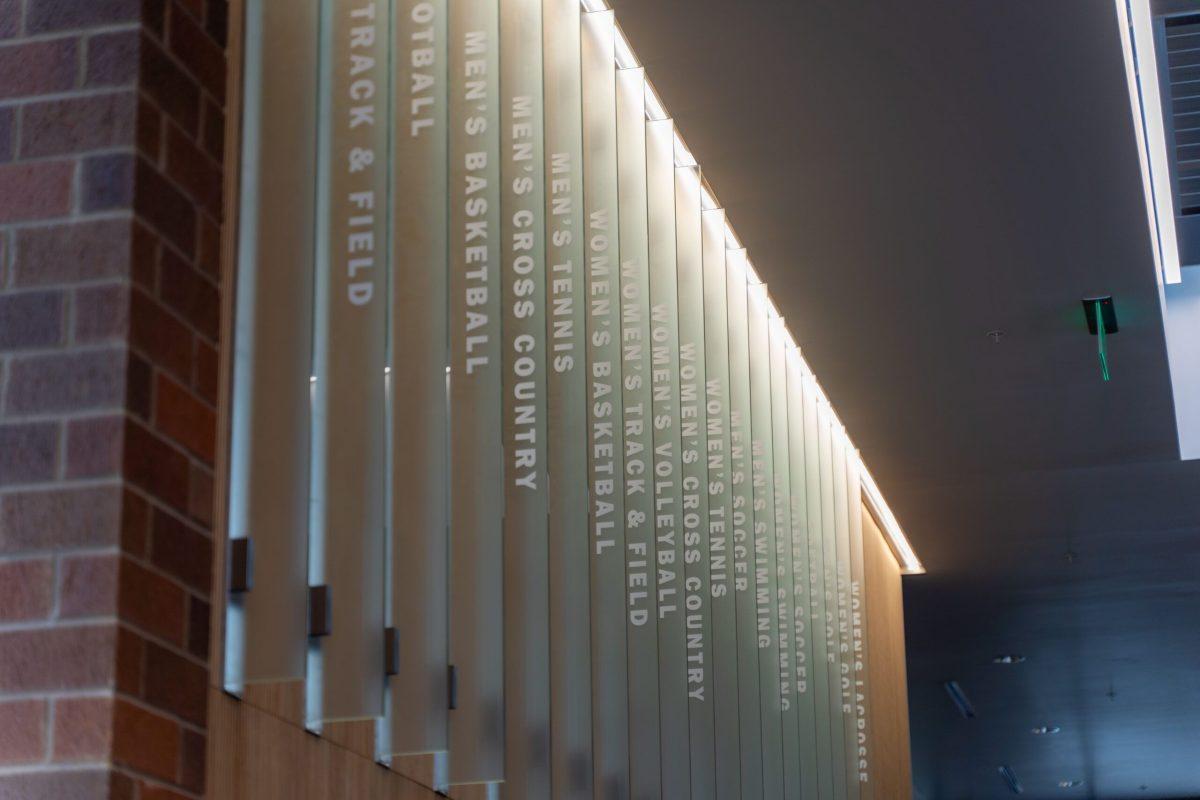
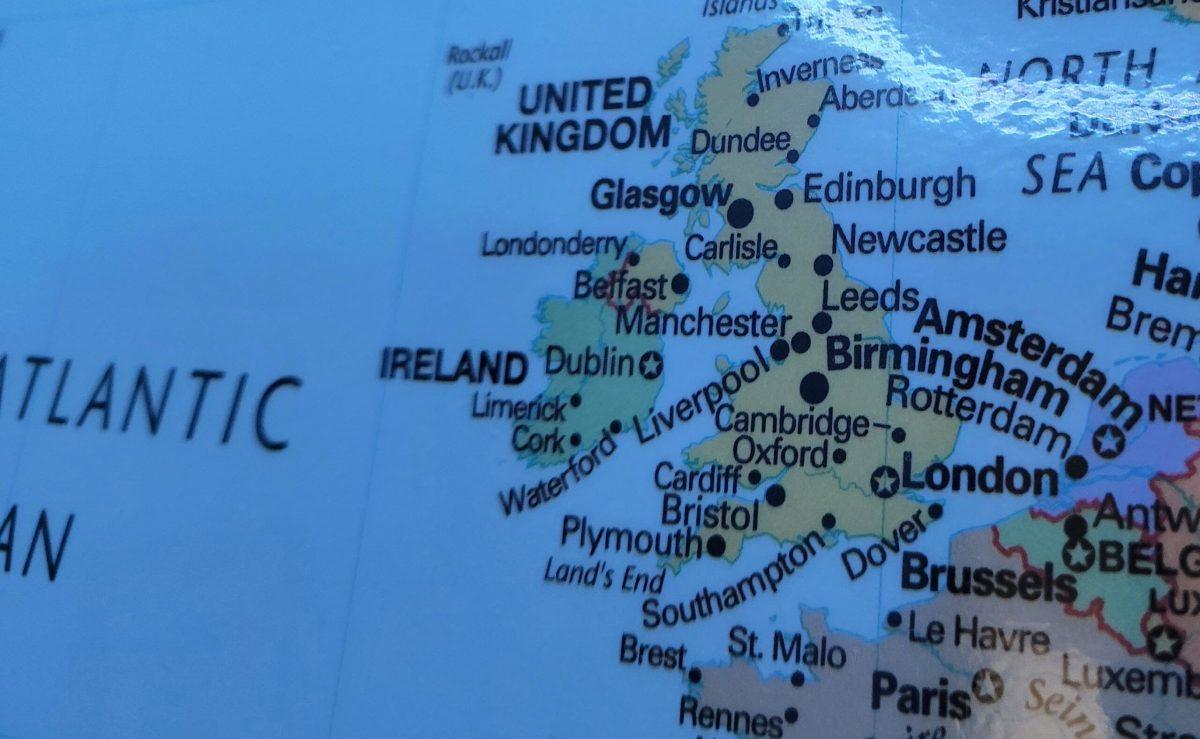
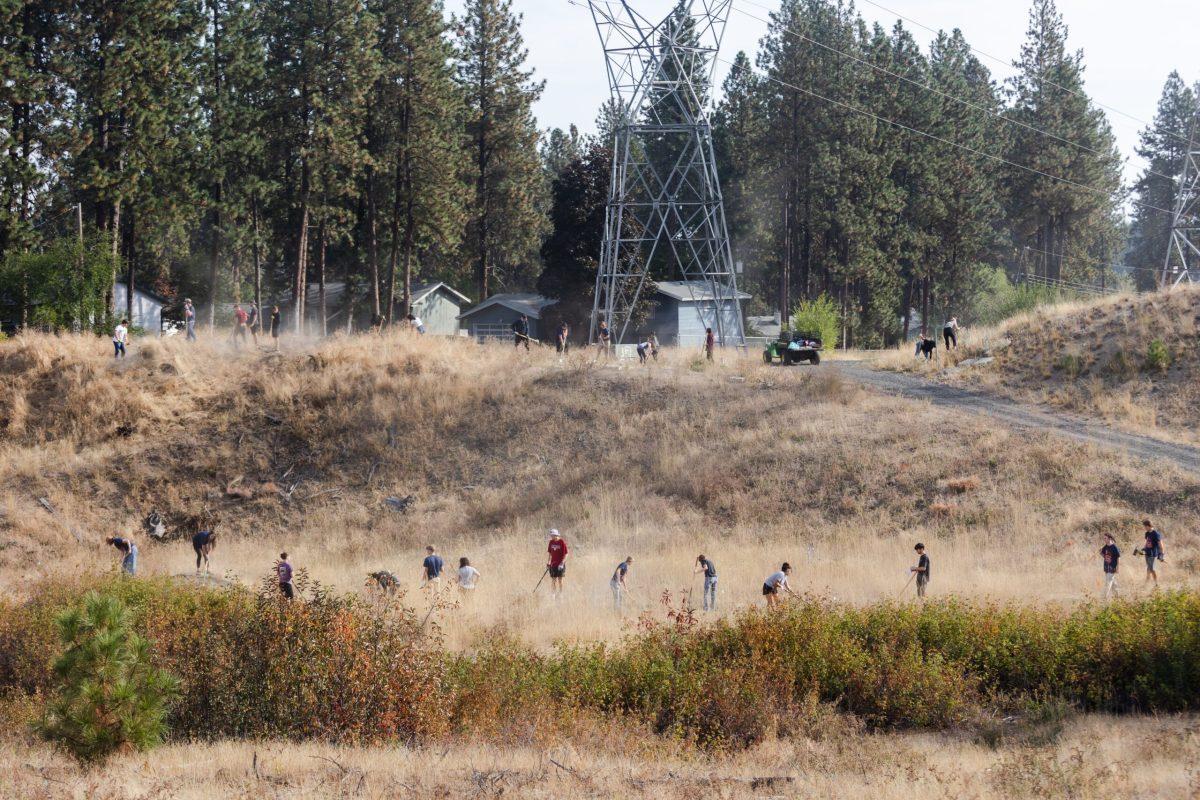
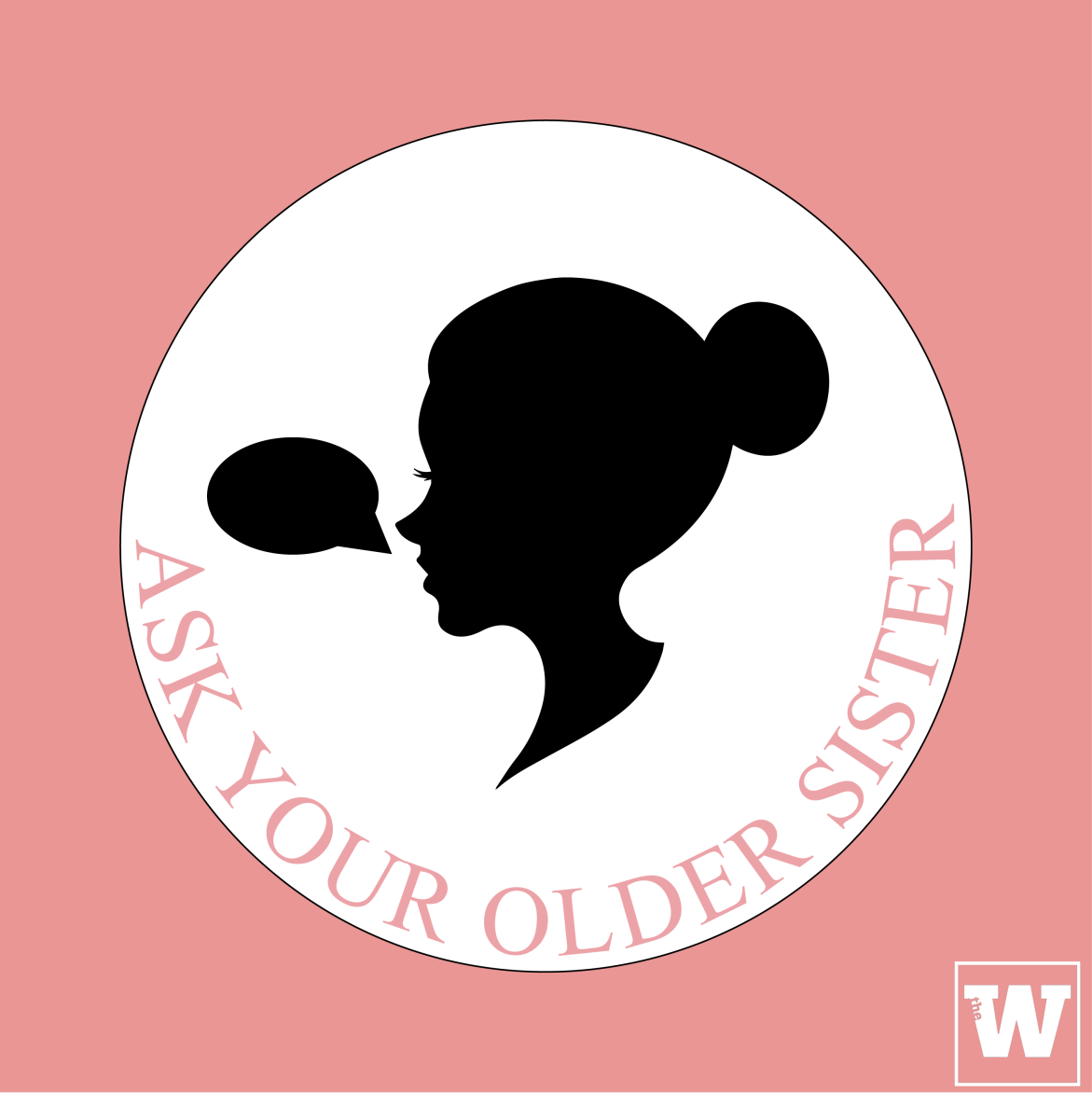
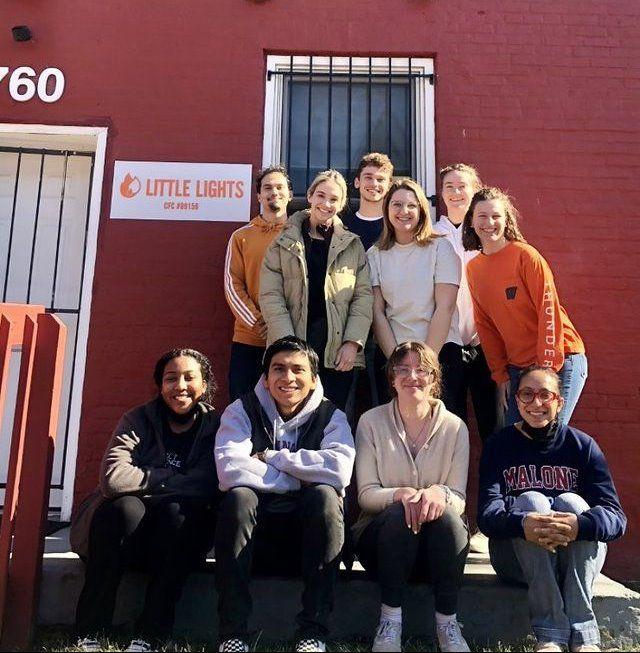
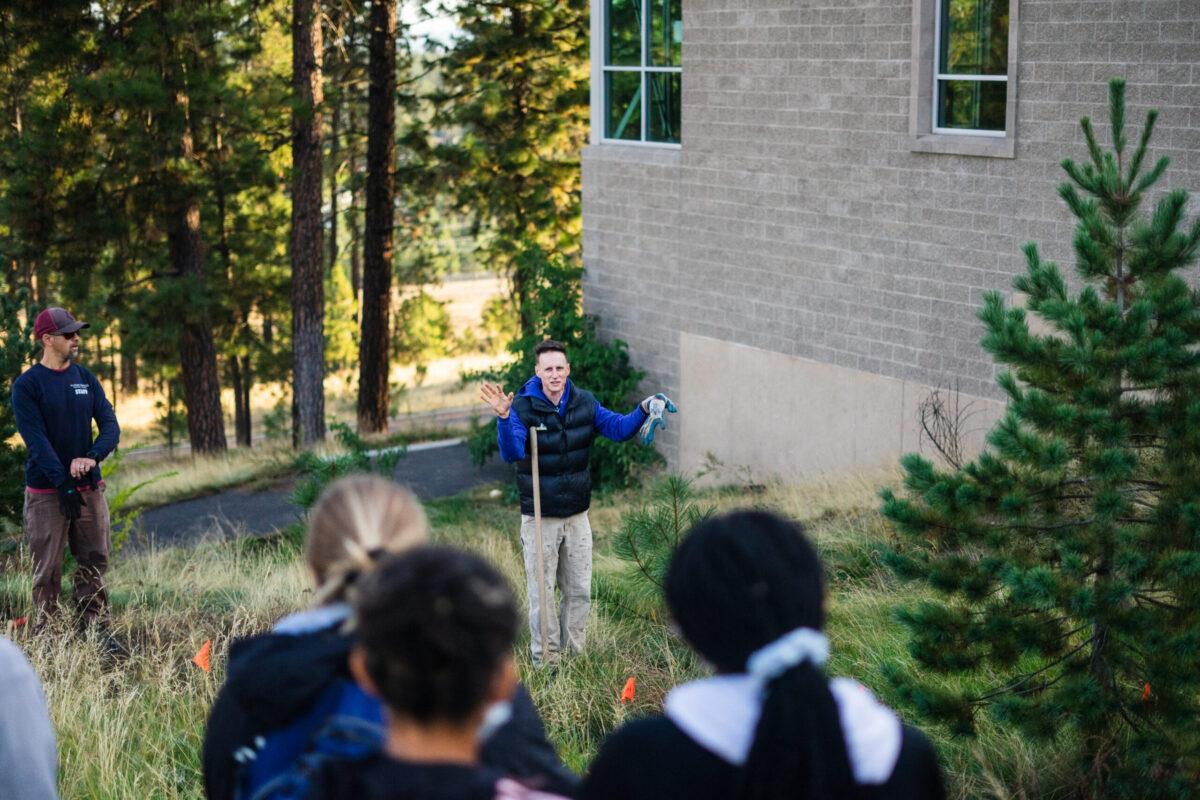





 Spokane?
Spokane?